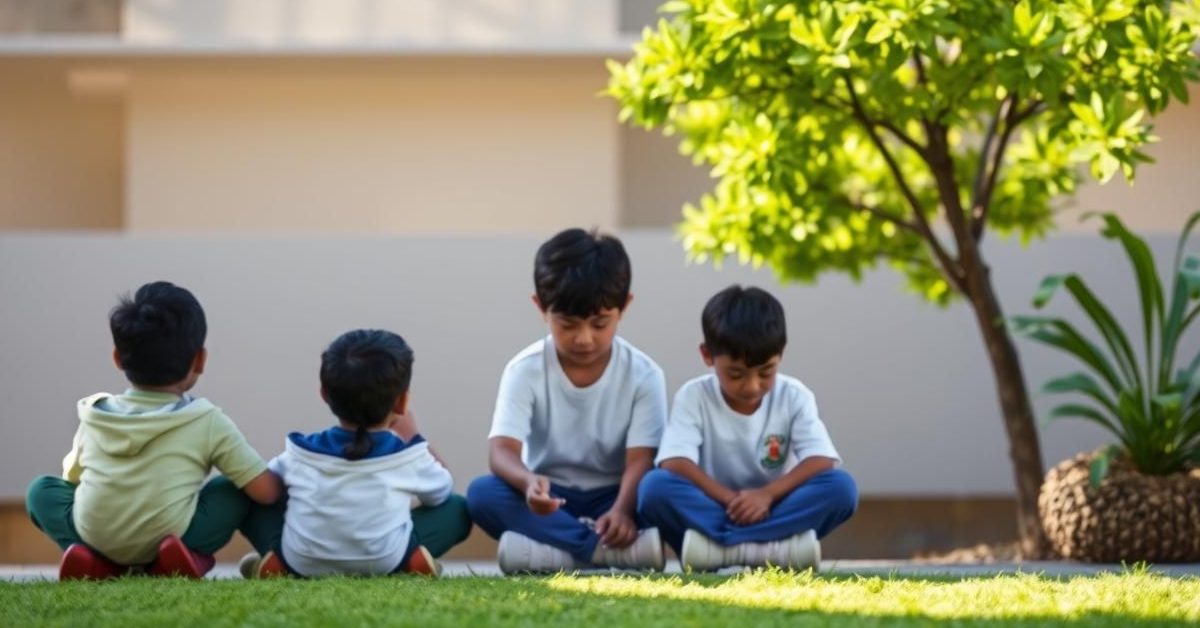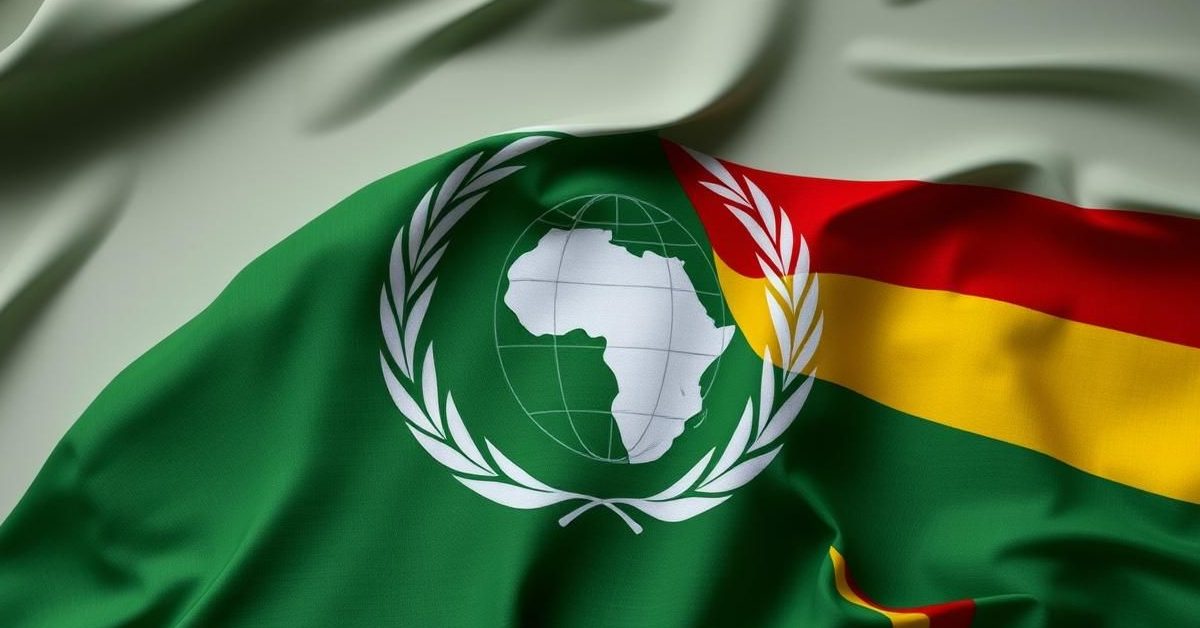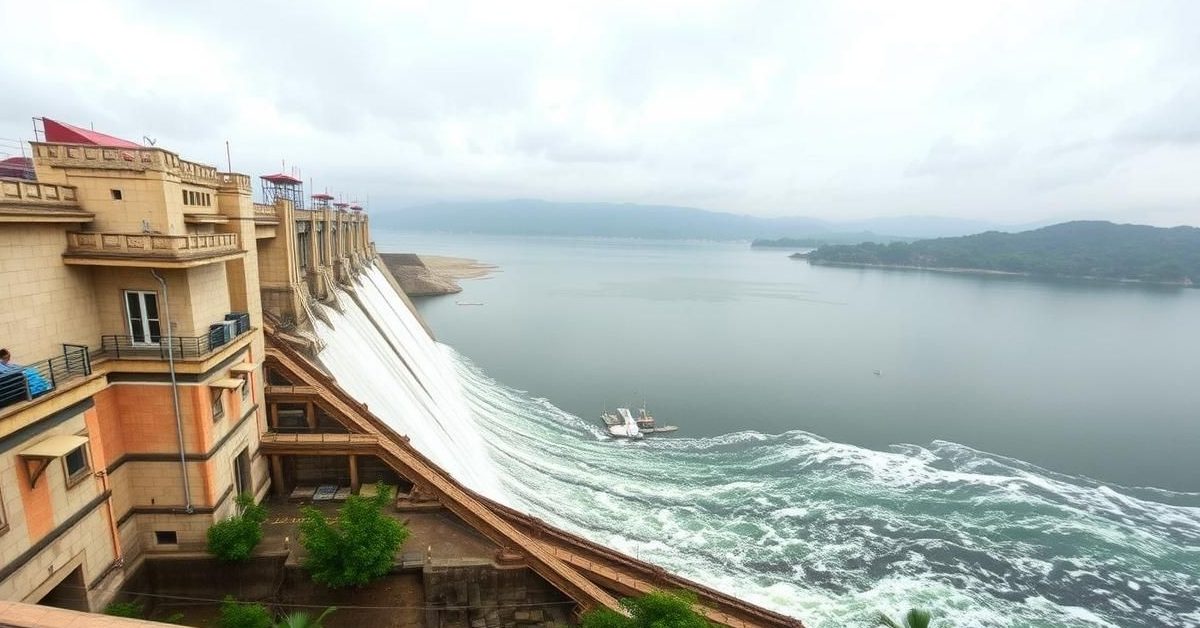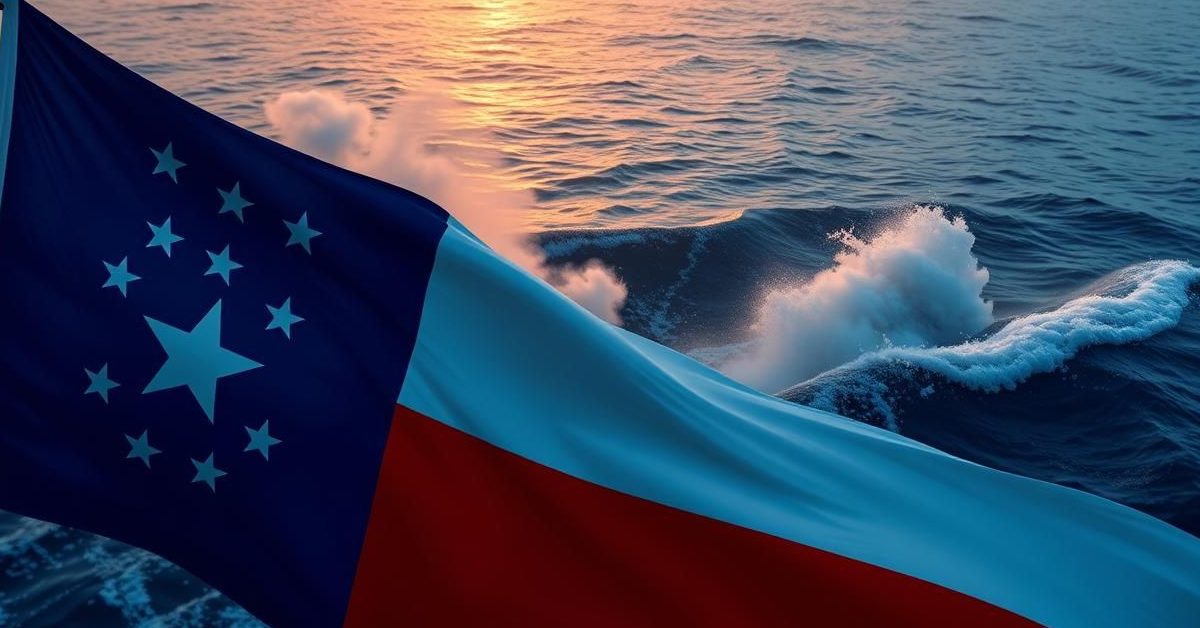This article delves into the significant progress and challenges of India’s National Education Policy (NEP) 2020, focusing on its structural reforms. It also offers a comparative look at India’s and Qatar’s diplomatic bids to host the 2036 Olympic Games, highlighting their unique strategies and strengths.
Transforming Education with NEP 2020
The National Education Policy (NEP) 2020 aims to revolutionize India’s education system, particularly through its shift from the 10+2 structure to a new 5+3+3+4 foundational, preparatory, middle, and secondary framework. Since its approval, efforts have been made to translate these ambitious reforms into reality.
A key step was the National Curriculum Framework for School Education (NCFSE) in 2023, outlining learning outcomes for each stage. The policy also targets universal pre-primary learning by 2030, supported by NCERT’s “Jaadui Pitara” kits and a national ECCE curriculum from the Women and Child Development Ministry.
For foundational literacy and numeracy, the NIPUN Bharat initiative was launched in 2021. Recent government surveys show encouraging but not universal proficiency, with average language and math results at 64% and 60% respectively.
In higher education, the Academic Bank of Credits (ABC) and National Credit Framework (NCrF) have been established. This allows students to digitally earn and transfer credits across institutions, offering flexibility to pursue certificates, diplomas, or multidisciplinary degrees.
The Common University Entrance Test (CUET), introduced in 2022, has become a primary pathway for undergraduate admissions, streamlining the process. Furthermore, Indian institutions like IIT Madras and IIM Ahmedabad have opened foreign campuses, while foreign universities are also establishing a presence in India, fostering global integration.
Challenges in Implementation
Despite progress, challenges persist. The three-language policy, with its emphasis on Indian languages, faces resistance in states like Tamil Nadu. The National Curriculum Framework for Teacher Education, expected in 2021, is yet to be released, slowing down teacher development.
Some states, including Kerala, Tamil Nadu, and West Bengal, have expressed reservations about adopting certain NEP provisions, particularly those linked to setting up PM-SHRI schools.
Looking Ahead for Education
NEP 2020 aims for a Gross Enrolment Ratio (GER) of 50% by 2035. To achieve this, the government is focusing on establishing more higher education institutions and supporting underprivileged students. The upcoming PM VidyaLakshmi Scheme, launching in November 2024, plans to offer collateral-free loans to students, boosting access to education.
India vs. Qatar: The Race for 2036 Olympics
Both India and Qatar are vying to host the 2036 Olympic Games, each presenting a compelling case rooted in their national visions and diplomatic strengths.
India’s Pitch: Global South and ‘Viksit Bharat’
India’s bid is anchored in representing the “Global South” and aligning with its ‘Viksit Bharat 2047’ vision. The country highlights its status as a major economy yet to host the Games, emphasizing the potential transformative economic and social impact across the wider South Asian region.
Infrastructure development, particularly the Sardar Vallabhbhai Patel Enclave in Ahmedabad, is progressing rapidly. India is also actively bidding for other international tournaments, such as the 2030 Commonwealth Games, to gain crucial hosting experience.
Qatar’s Bid: Readiness and Regional First
Qatar’s campaign centers on readiness, inclusion, and the historic opportunity to host the first Olympics in the Middle East and North Africa. Their pitch is bolstered by the successful hosting of the 2022 FIFA World Cup, asserting that “95 percent of Olympic venues are already in place and tested.”
The Gulf nation links its Olympic ambition to its ‘National Vision 2030’ and leverages its growing reputation as a global diplomacy hub. Qatar emphasizes inviting the world to connect in an environment of peace and mutual respect.
- NEP 2020 replaced the 10+2 structure with 5+3+3+4, focusing on foundational learning.
- Key NEP implementations include Academic Bank of Credits and Common University Entrance Test.
- Challenges for NEP include state resistance to language policy and delayed teacher frameworks.
- India’s Olympic bid emphasizes Global South representation and ‘Viksit Bharat 2047’ vision.
- Qatar’s Olympic bid highlights existing infrastructure readiness and being the first in the Middle East.
These crucial topics reflect ongoing national development efforts and India’s increasing role on the global stage.















